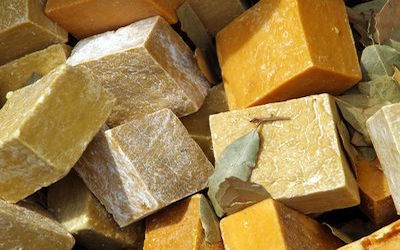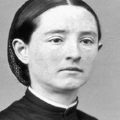PTE考生目前最大的问题之一就是练习题缺乏。除了有限的基本官方书(PLUS,Testbuilder, OG)之外,就没有题了。很多英语基础不是很扎实的同学很难找到练习材料。墨尔本文波雅思PTE培训学校专门为墨尔本,悉尼PTE考生准备了PTE练习的lecture 93篇。各位PTE同学可以练习阅读,练习记笔记技巧,可以练习复述,甚至可以练习describe image。废话少说,下面开始:
Okay, as you look at this next exhibit, you’ll notice something quite common—an ordinary bar of soap. Now, soap has been around a long time. In fact, the ancient Phoenicians produced soap as a substance for washing the body way back in 600 B.C. They made it by blending goat’s fat with wood ash. The Phoenicians, as you may know, regularly traded along the Mediterranean, and they were the ones who introduced soap to the Greeks and Romans. Now, soap was not something welcomed by all countries. In fact, during the superstitious Middle Ages, many people were afraid to bathe their whole body too frequently. They thought it could be dangerous for their health—that it could even kill them. And even after the production of soap became common in some European countries in the eleventh and twelfth centuries, even then some people in the heart of Europe refused to use it. You’ll find it interesting that when a duchess was given a box of soap as a present in 1549, she was so insulted that she had the gift-giver thrown off her estate! But by the nineteenth century the attitude toward soap had changed drastically. In some regions of Europe the tax on soap was so high that people secretly made their own. A baron went so far as to suggest that the wealth of a nation could be judged according to the amount of soap it used. Now, if you turn your attention to the next exhibit, you can see how soap is manufactured today.
【生词摘录】
1. bar: n. [C]长方块 2. Phoenician: n. [C]腓尼基人 3. substance: n. [C]物质,物体 4. goat: n. [C]山羊 5. ash: n. [C]灰烬 6. trade: v. 交易,买卖,经商 7. Mediterranean: n. [C]地中海 8. superstitious: adj. 迷信的 9. bathe: v. 沐浴,洗 10.duchess: n. [C]公爵夫人,女公爵 11.insult: v. 侮辱,凌辱 12.gift-giver: n. [C]送礼者 13.estate: n. [C]房地产;庄园,种植园 14.drastically: adv. 激烈地,彻底地 15.baron: n. [C]男爵,贵族





